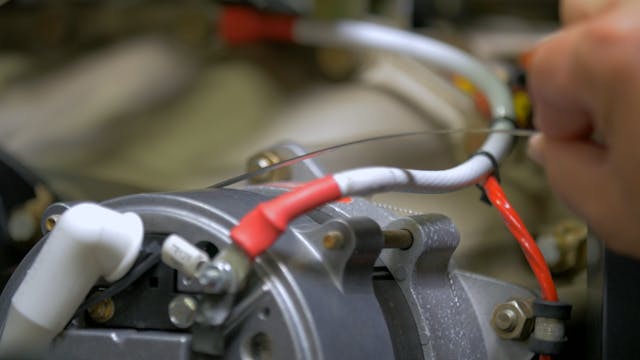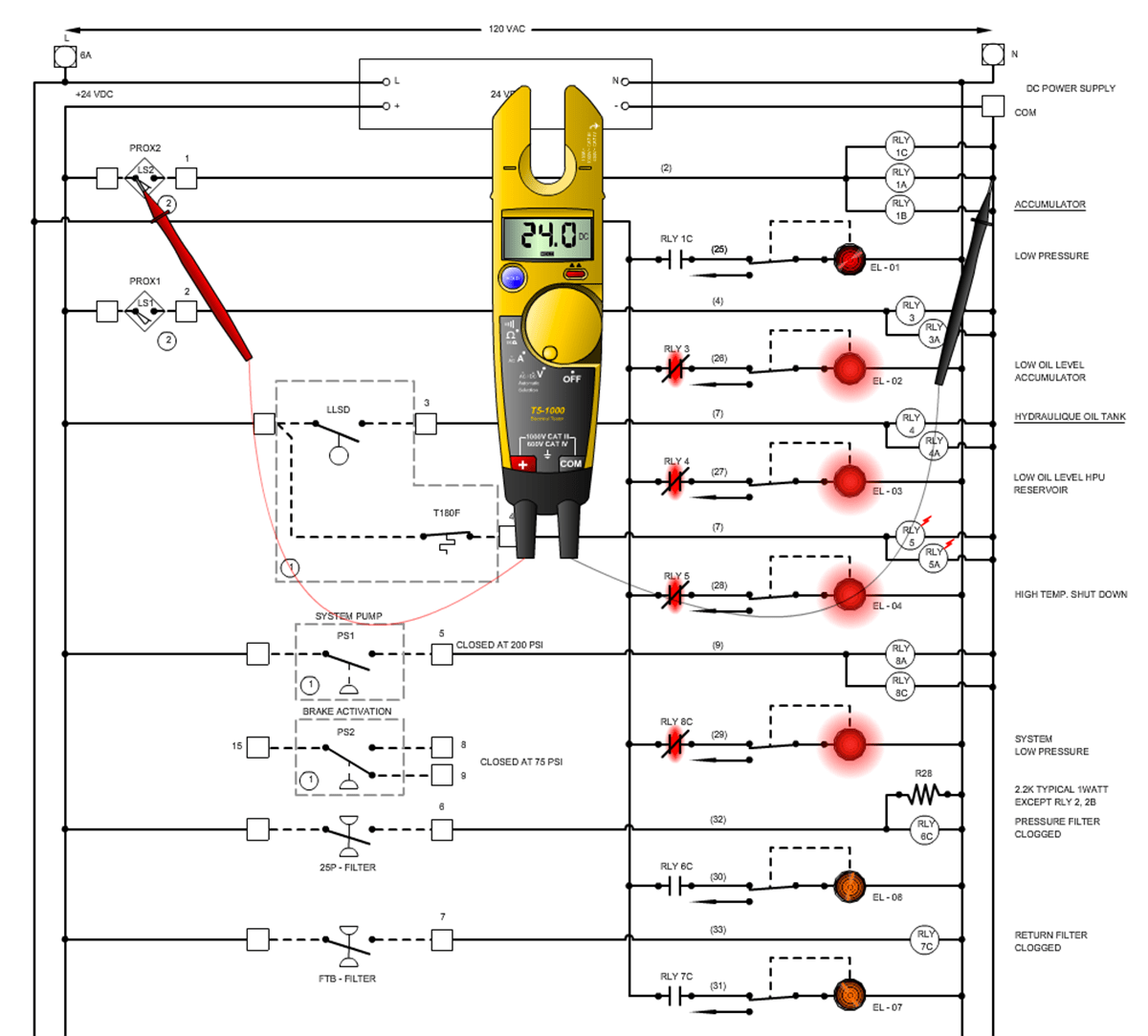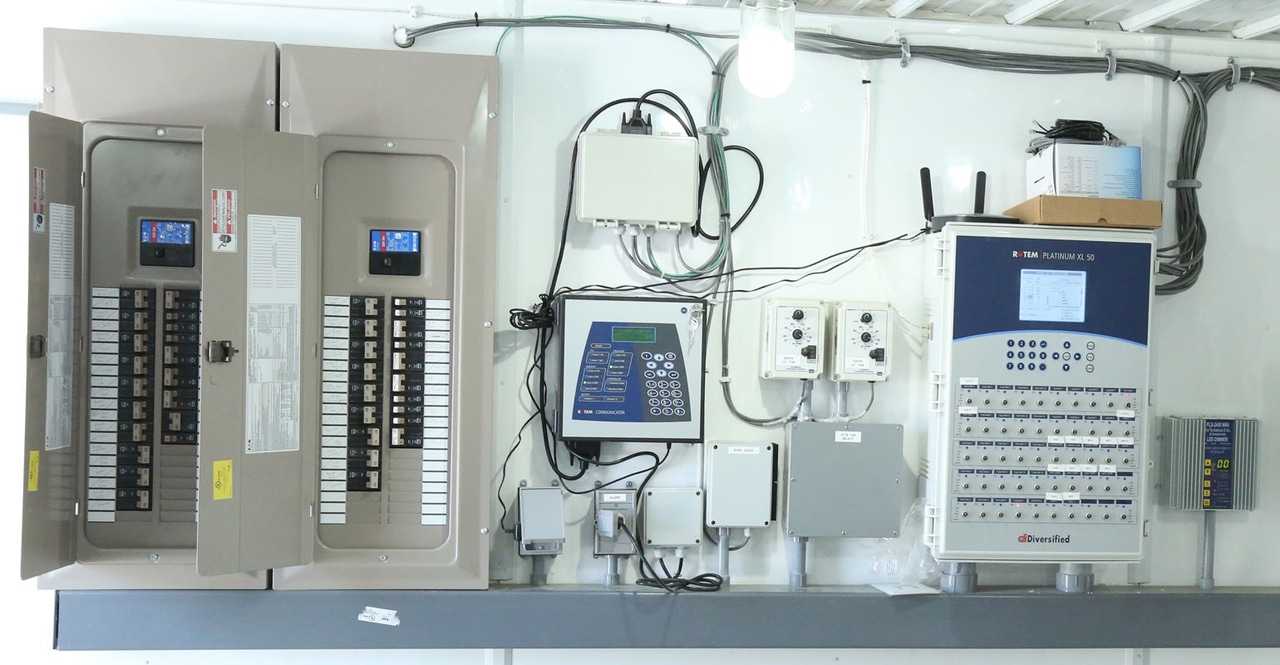Top Tips for Effective Electrical System Troubleshooting
Troubleshooting electrical systems needs a systematic strategy, grounded in a detailed understanding of electric concepts and safety and security methods. By familiarizing oneself with circuit parts, making use of crucial devices, and adhering to a structured examination technique, specialists can properly recognize and settle problems. The nuances of efficient fixing extend beyond mere technological understanding; recognizing exactly how to document findings and focus on safety and security can dramatically affect end results. As we check out these crucial elements additionally, it comes to be clear that grasping this procedure is not simply beneficial yet important for success in the area.
Understand the Essentials
Comprehending the fundamentals of electric systems is crucial for reliable troubleshooting, as a strong foundation allows technicians to diagnose and deal with issues much more successfully. A comprehensive understanding of electrical principles, such as voltage, current, resistance, and power, is crucial in identifying the root causes of issues. Voltage is the electric prospective difference that drives present with a circuit, while resistance opposes the flow of current, influencing the overall performance of the system.
Experience with circuit components, consisting of resistors, capacitors, diodes, and changes, is additionally paramount. Each element plays a distinctive function in circuit actions and can influence efficiency when malfunctioning. In addition, understanding series and parallel circuit setups is crucial, as these arrangements influence the circulation of voltage and current within the system.
Service technicians need to be aware of prospective threats, such as shock and brief circuits, to apply risk-free troubleshooting methods. By grasping these foundational concepts, professionals enhance their capability to conduct efficient diagnostics and repairs, eventually leading to improved efficiency and reliability of electric systems (electrical system troubleshooting).
Gather Necessary Tools
Effective troubleshooting of electrical systems requires the ideal set of tools to diagnose and settle concerns properly. Essential tools include a multimeter, which determines voltage, existing, and resistance, allowing for accurate analyses of electrical components.
Additionally, shielded hand tools such as screwdrivers, pliers, and wire strippers are important for safely adjusting electrical connections. It is additionally suggested to have a circuit tester handy to validate the presence of voltage in outlets and cords. For even more facility systems, a thermal imaging video camera can aid spot overheating components, showing prospective failures.

Follow a Systematic Strategy
Having collected the appropriate devices, the following action in troubleshooting electric systems is to follow a systematic strategy. A methodical strategy ensures that specialists can recognize faults effectively and accurately, minimizing downtime and avoiding unnecessary repair services.
Begin by reviewing the system's schematic diagrams and specifications. Comprehending the design and operational criteria will offer context for diagnosing issues. Next, separate the issue area by utilizing a procedure of removal. This entails monitoring each part systematically, beginning from the power source and working in the direction of the lots.
Make use of testing tools, such as multimeters and oscilloscopes, to gather objective information about voltage, present, and resistance at different factors within the system. This empirical proof will direct your troubleshooting efforts and help to verify or get rid of potential causes of failure.
In addition, consider environmental variables that might affect the system's efficiency, such as temperature level fluctuations or dampness ingress. A thorough inspection of wiring, links, and components will make certain that all possibilities are made up.
Record Your Findings
Complete documents is important in the fixing procedure of electric systems. Exact records improve the efficiency of determining persisting issues and assist in communication among staff member. Each finding must be carefully kept in mind, consisting of signs and symptoms observed, tests carried out, and the outcomes of those examinations. electrical system troubleshooting. This special info method not just help in understanding the source of the issue but additionally works as a reference for future fixing efforts.

Additionally, keeping a log of components changed or repair services performed is invaluable. This info supports supply management and can aid assess the long life and dependability of certain elements.
Ultimately, the paperwork procedure should be complete yet succinct, making it possible for easy retrieval and testimonial - electrical system troubleshooting. By prioritizing detailed documents, service technicians can develop a useful expertise base that not only help in current troubleshooting yet additionally encourages future maintenance efforts, thus enhancing general system dependability

Prioritize Precaution
Identifying the integral dangers connected with electrical systems is essential for making certain security during troubleshooting. Electric shock, burns, and devices damage are simply a few of the possible threats that service technicians face. Prioritizing precaution is not only a lawful responsibility but additionally a moral important that safeguards both the service technician and the surrounding environment.
Prior to beginning any troubleshooting job, technicians should put on proper individual protective tools (PPE), consisting of protected handwear covers, shatterproof glass, and flame-resistant clothing. Ensuring that the job location is completely dry and free of mess can dramatically lower the threat of accidents. It is vital to de-energize circuits before starting any kind a fantastic read of job, validating that they are not live with the use of a multimeter or voltage tester.
Establishing see page clear interaction protocols with staff member is additionally essential; this makes sure that everybody knows possible risks and the condition of the electrical system being functioned on. Last but not least, having an emergency situation feedback plan in location can show very useful in case of an occurrence. By focusing on safety and security procedures, specialists can effectively minimize threats and cultivate a much safer work environment.
Conclusion
Efficient electric system troubleshooting counts on a comprehensive understanding of basic concepts and a systematic approach. By gathering essential tools, sticking to systematic examination methods, and diligently documenting findings, the troubleshooting process ends up being more effective and reputable. Focusing on security procedures ensures the well-being of people involved and the honesty of the electrical system. Applying these approaches will boost the fixing experience, resulting in quicker resolutions and boosted operational effectiveness in electrical systems.
Comments on “Maximize processes with innovative mechanical system optimisation support.”